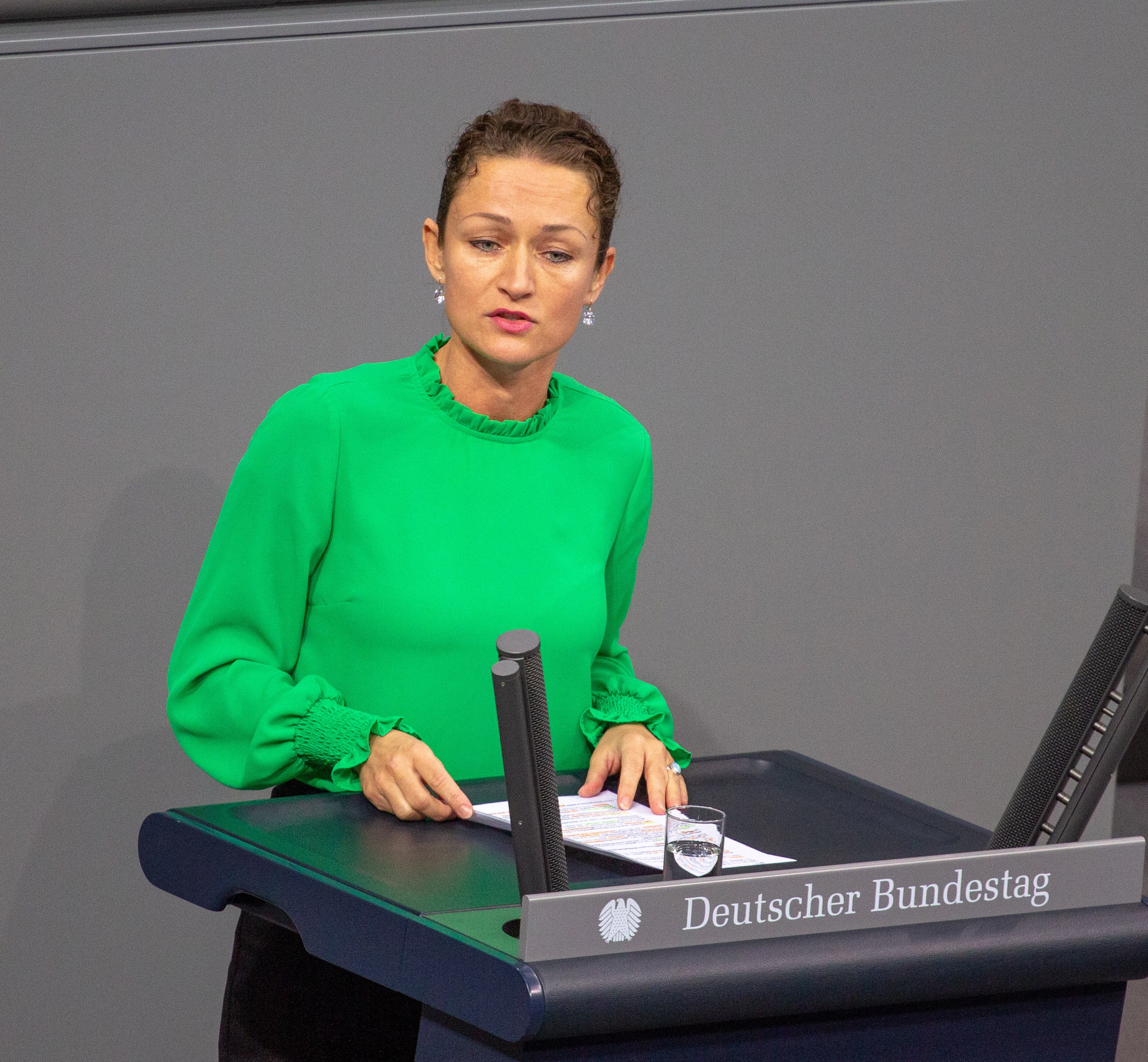Angela Merkel may be limiting herself to asking "What's going on in Catalonia?" But in other parts of the German political scene, the response is clearer. Among the numerous international politicians who have spoken out about the Spanish Supreme Court's announcement of harsh jail sentences for nine Catalan pro-independence leaders is the German member of the Bundestag parliament, Zaklin Nastic, of the left-wing Die Linke party, who in an interview says that the court decision is "madness" and asserts that the verdict underlines "the deep crisis of Spanish democracy."
What did you think about the verdicts in the trial of the Catalan pro-independence leaders?
In total, up to 100 years in prison, draconian punishments from nine to thirteen years' jail in each case, this is madness and it has very little to do with reasonable jurisdiction. I can’t put it any other way, these verdicts are shameful for the fundamental principles of the rule of law. The verdicts also point to the deep crisis in Spanish democracy. Anyone who claims that the problem of the lack of judicial independence in the EU is only confined to Eastern Europe is either visibly very restricted or an ideologist. And anyone who wants to try and solve the political problem in Spain by legal means and legal action will inevitably fail.
The actions of the court were meant to intimidate people but quite the opposite is happening, huge legitimate protest organized itself immediately. Spain has a law and order problem – on the part of the Spanish state and its forces, not on the part of the peaceful protesters.
How do you see the situation right now in Catalonia, in terms of peaceful demonstrations, riots, and so on?
It is a situation of mass protests, an incredibly important driving force for democracy and a very strong expression of opposition to the judicial system and Spain’s policies. In my opinion, the image of a "democratic tsunami" captures it quite well. The police violence and brutality of the Guardia Civil must be vigorously condemned and opposed.
If the EU is capable of condemning police violence and the apparent severity of police actions during a protest rally in Russia three months ago, when the spokesperson for the EU foreign policy chief, Federica Mogherini, said that those arrests and the use of disproportional violence against peaceful protesters once again undermine the fundamental rights of freedom of expression and freedom of assembly, and that those rights are embodied in the Russian constitution so it is expected that they will be protected, then the EU must use the same criteria for Spain (and for France with the "yellow vests", and Germany with the police brutality at the G20 meeting). If they don’t, we have to be clear that it’s only politically motivated and full of double standards.
One cannot just look eastwards when it comes to human rights, democratic rights. The German government should also make a commitment to this.
Do you think that the European Union or a European country should be mediating in order to make both parties “sit down and talk”?
Definitely. The constant refusal of prime minister Sánchez to sit down at a table with Torra, the president of the Catalan government, is part of an escalation. They’d rather send the army than get into a peaceful dialogue. The EU should press for face-to-face discussion. Anyone who loses the ability to engage in dialogue, is incapable of building internal peace in their country.
But what I find especially important is the fact, that the actions of Spanish jurisdiction, police and politics are not merely a domestic matter. Just as the judicial reforms in Hungary or Poland are not merely a domestic matter. Of course, one cannot ask the EU for Catalan independance from Spain, but one must ensure compliance with the rule of law in EU member states. If that does not happen through the EU commission and the EU parliament, we have to ask whether the EU itself can claim to be based on the rule of law and democratic principles.
The same applies when it comes to their denial of access to the European Parliament to [elected Catalan MEPs] Carles Puigdemont and Toni Comin. Again, one cannot just look eastwards when it comes to human rights, democratic rights, civil and political rights.
The German government should also make a commitment to this.
What do you think the best solution to resolve this conflict might be?
I’m not in a position to propose an optimal solution. But as I said, the conflict cannot be solved by jurisdiction, but at the negotiating table. Also, the criminalization of protest has got to stop right now. And moreover, there must be effective measures against attacks from the far right and Nazis.

